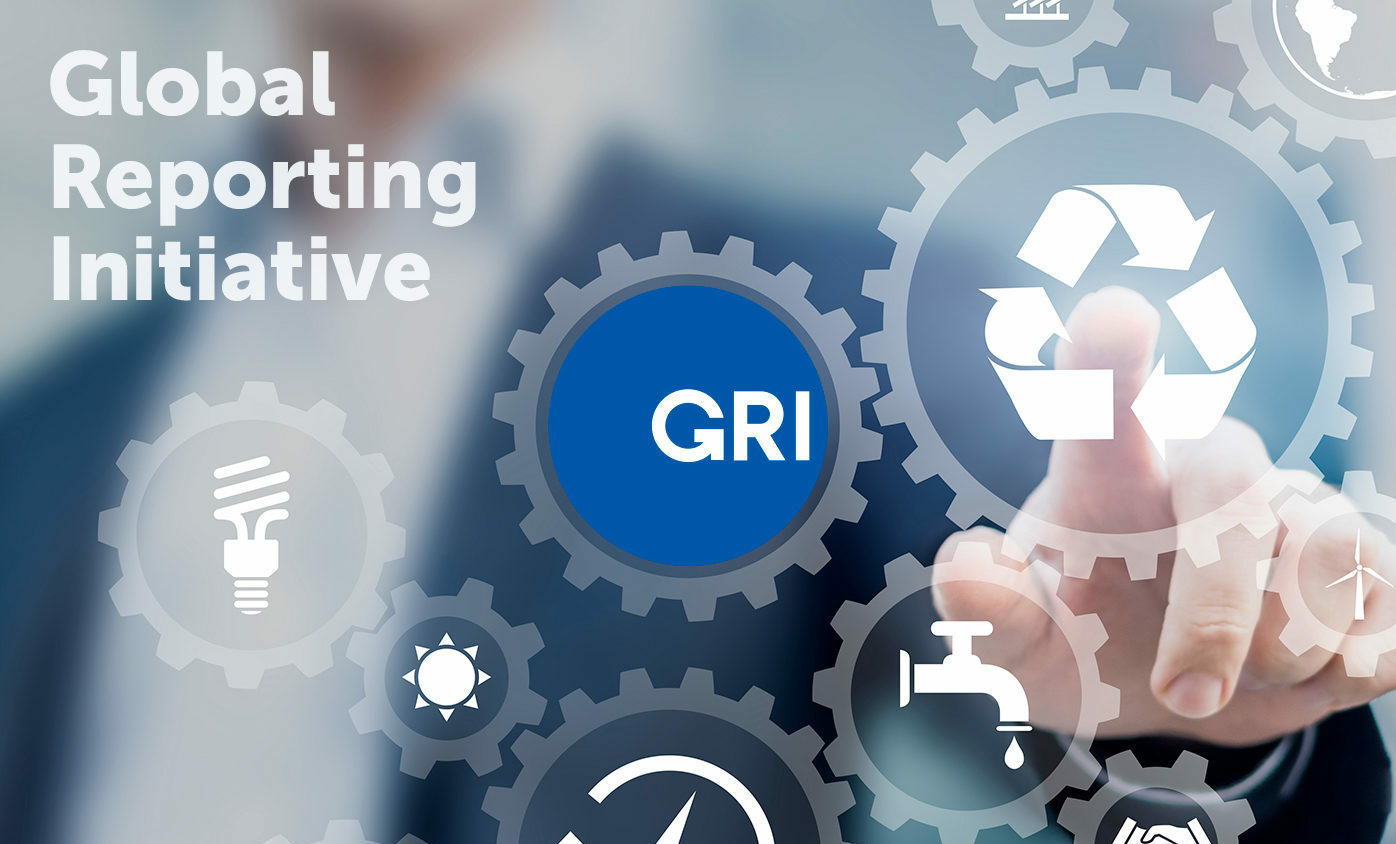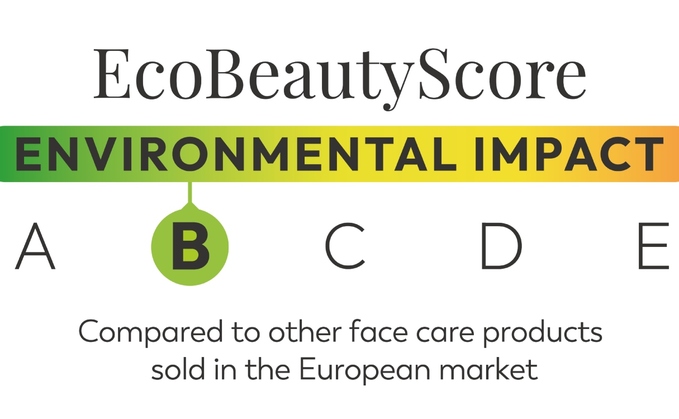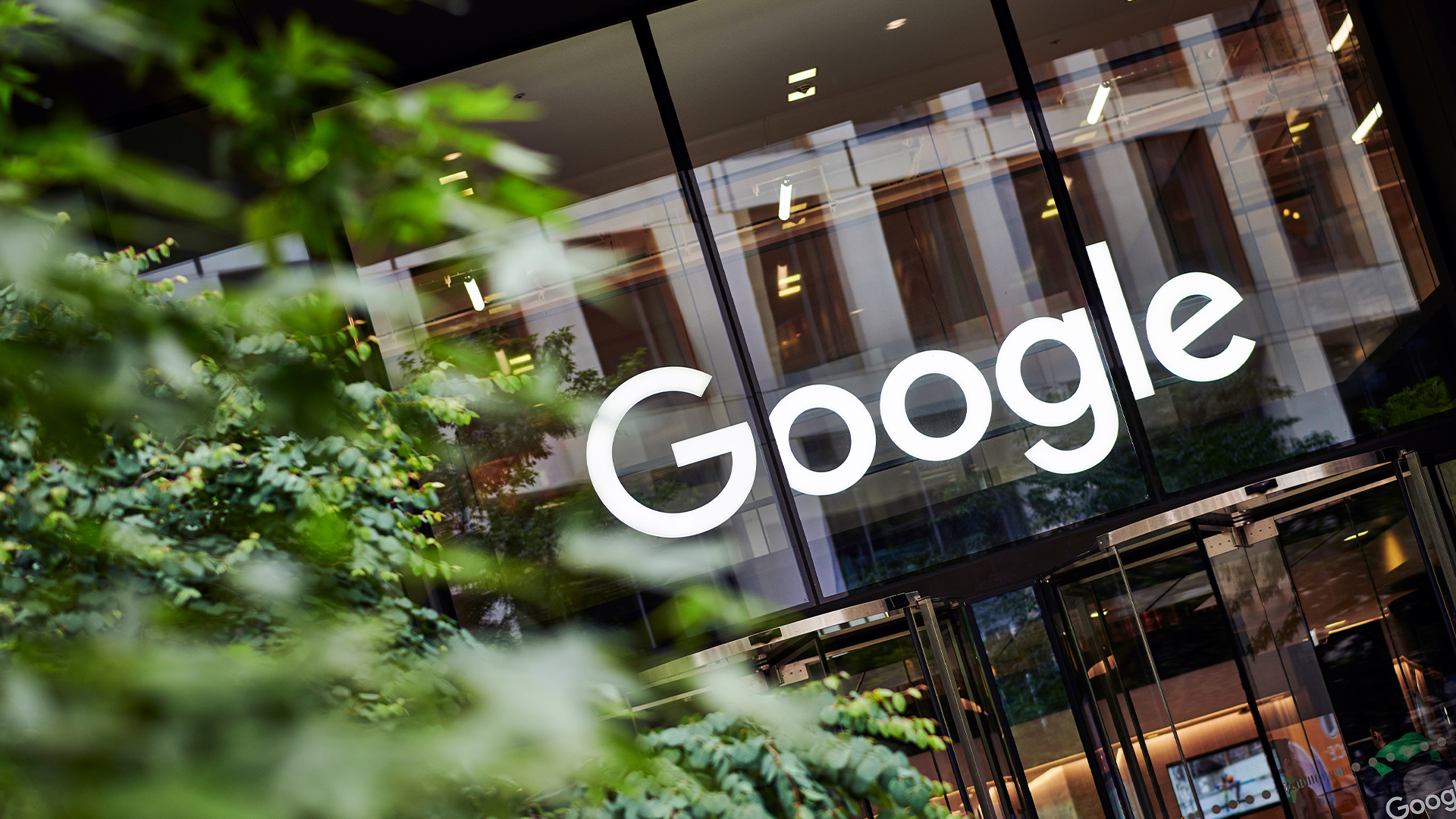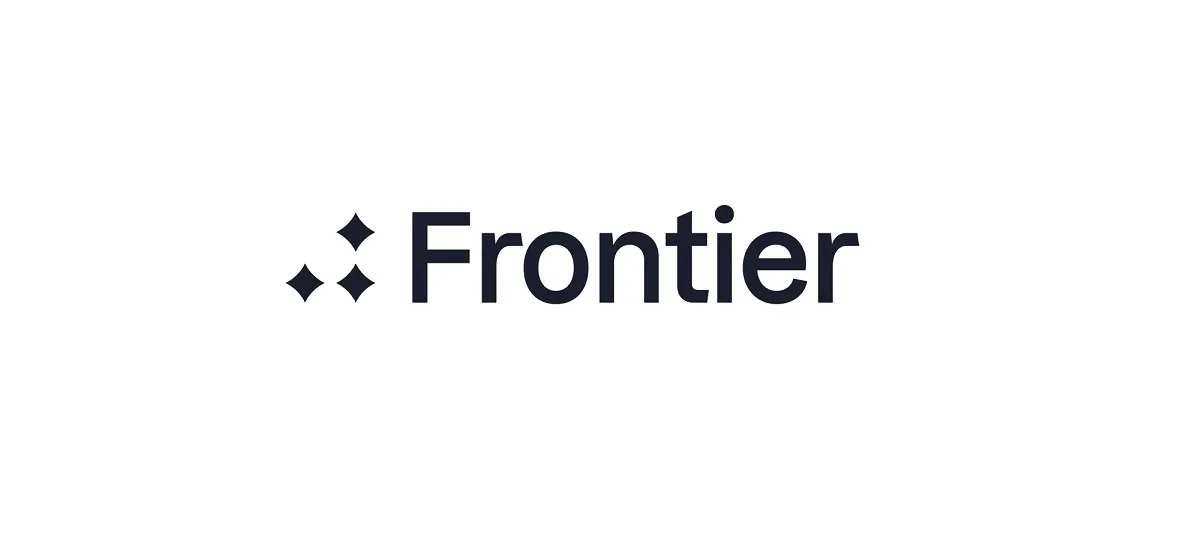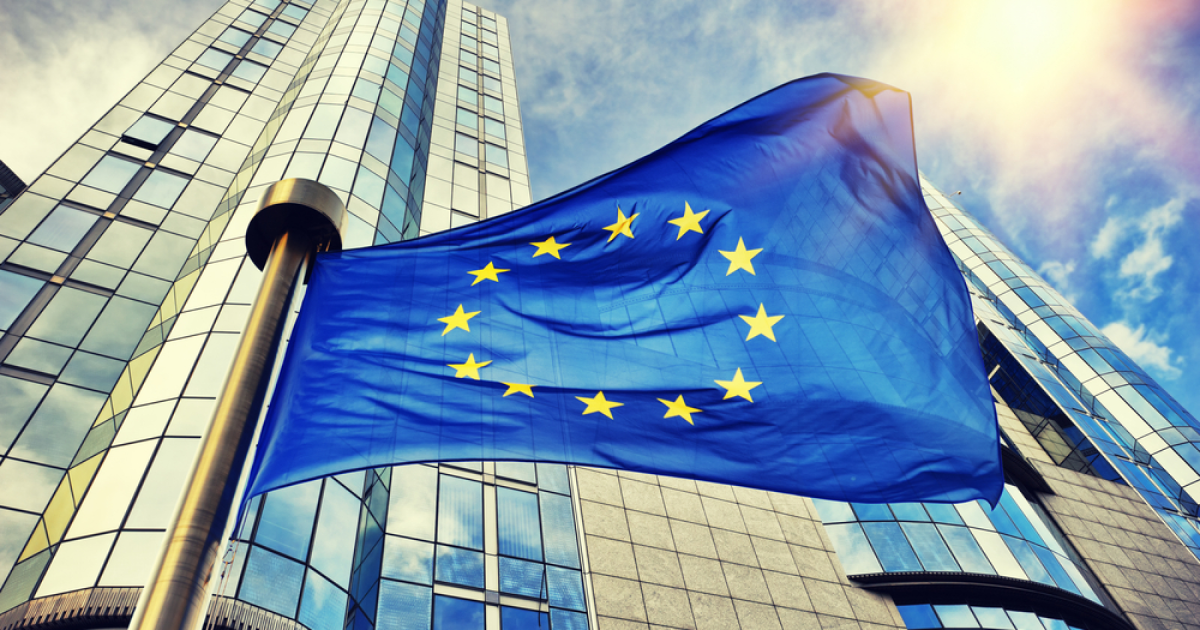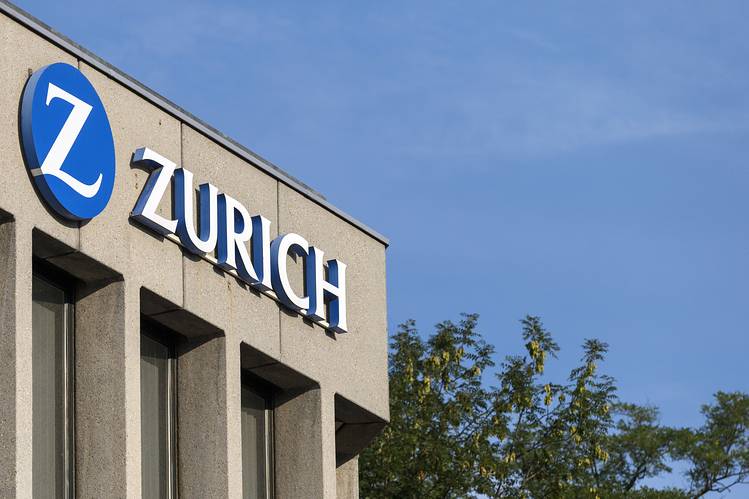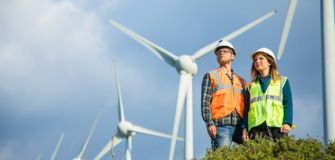Unilever Drives Major Supplier Emission Reductions Through Climate Programme
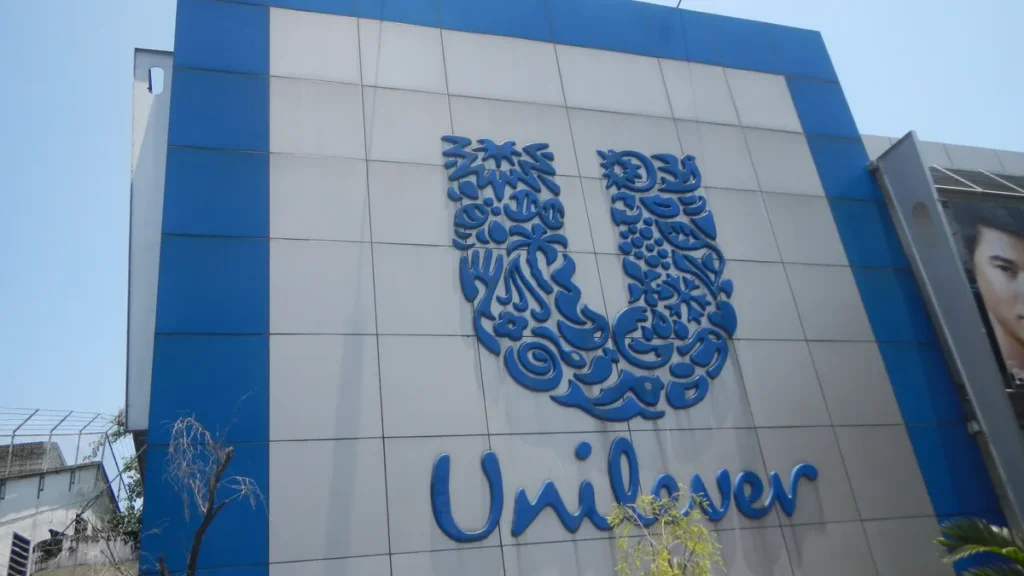
|
Listen to this story:
|
- Unilever’s Supplier Climate Programme targets 300 key suppliers to cut Scope 3 GHG emissions by 2030.
- Packaging suppliers, including Weener Plastics and Ball Corporation, share advances and business impacts of the program.
- 63% of Unilever’s total emissions come from raw materials and packaging, highlighting the critical role of supplier engagement.
Unilever is catalyzing climate action across its supply chain through the Supplier Climate Programme, aimed at significantly reducing greenhouse gas (GHG) emissions by focusing on suppliers of raw materials and packaging.
Strategic Supplier Engagement
Three years into the initiative, Unilever plans to encompass about 300 suppliers by 2024—representing 44% of its Scope 3 GHG emissions. These suppliers span diverse sectors such as palm and oleochemicals, packaging, and petrochemicals. Unilever’s updated Climate Transition Action Plan (CTAP) suggests that this programme could significantly contribute toward meeting its science-based targets for 2030.
Supplier Collaboration in Action
Weener Plastics and Ball Corporation are actively participating, contributing to Unilever’s efforts by sharing their Product Carbon Footprint (PCF) data. Last year, Weener Plastics began calculating its PCF data with tools provided by Unilever, enhancing its operational teams’ focus on crucial emission reduction plans. “We know some changes will require more time or larger investments,” stated Lenny Ellenkamp-van Olst, Director of Sustainability at Weener Plastics. “However, we’ve already made operational savings since the start of the Supplier Climate Programme.”
Ball Corporation also emphasizes the importance of collaborative efforts. “Working together with other businesses is paramount in addressing this challenge,” noted Predrag Ozmo, Sustainability Director at Ball Corporation. “It’s essential to explore and explain the business case for climate action.”
Related Article: Unilever Pioneers Sustainable Fragrances from Waste Plants
Future Directions and Impact
Unilever is continuing to develop partnerships and roadmap strategies with suppliers to tackle materials with the highest GHG reduction potential. The focus on shared value chains and collective action is crucial for addressing the environmental impacts of production and consumption more broadly.
“We’re seeing more suppliers accelerating their climate actions,” says Stella Constantatos, Unilever’s Supplier Climate Programme Lead. “By collaborating with us in the Programme, our partners are not only better equipped to reduce emissions, but they are also helping us build a more accurate picture of the climate impact in our supply chain.”
This initiative not only aligns with Unilever’s commitment to achieving net zero emissions across its value chain by 2030 but also enhances the sustainability practices of its suppliers, thereby amplifying the overall environmental benefits.

